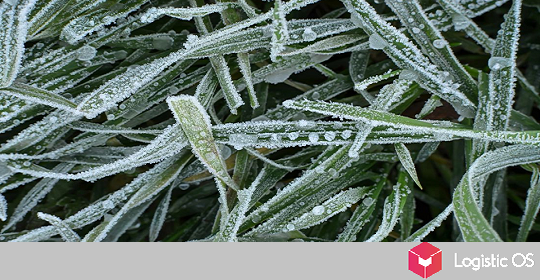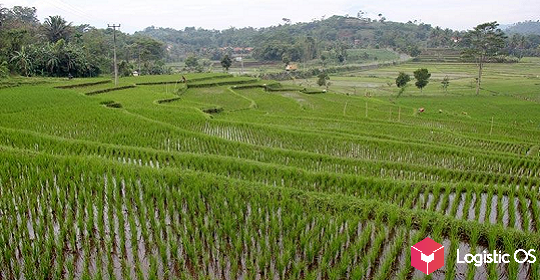Producers have to cut prices for sunflower seeds.
Sunflower prices have been at a fairly low level for several years in a row.
The «pandemic» 2020 and a sharp increase in food products have led to a sharp jump in prices.
This especially affected those crops, the circle of large suppliers and producers of which is limited.
As a result, in the spring of 2021, the wholesale price for crude sunflower oil in the port fixed the level of $ 1,577 per ton (a year earlier this figure was at $ 720 per ton).
The growth in the cost of oil was also affected by dollar inflation, which pulled world prices up, and the desire of countries to stock up on food, and a low harvest of sunflower: in Russia and Ukraine in 2020, the gross harvest of sunflower amounted to 13.3 million tons — 14% less than in 2019.
The price of raw materials depends on the cost of sunflower oil and meal — sunflower prices have gone up.
In May 2020, sunflower seeds were sold in Russia for 21 thousand rubles, and literally a year later their cost increased to 66 thousand rubles.
A number of measures taken by the government (including the imposed duty on the export of sunflower and sunflower oil), the price of seeds began to decline: at the end of October, 41 thousand rubles were offered per ton of sunflower seeds in the South. per ton, excluding VAT.
After the announcement of the size of export duties on sunflower oil from December 1 to 31, 2021 and a decrease in the cost of export contracts for the supply of sunflower oil in December, purchase prices for sunflower oil decreased to 33-35 thousand rubles. per ton, excluding VAT.
The duty on the export of sunflower oil from December 1, 2021 will be $ 276.7 per ton against $ 194.5 per ton in November 2021
The decrease in the value of export contracts with delivery in December from the Black Sea ports amounted to about $ 80.
According to analysts, the beginning of a decline in world prices is the beginning of a correction on the part of the market in anticipation of an increase in oil supply from Russia and Ukraine.
And in this situation, attempts by producers to hold back raw materials in the hope of an increase in value, thereby creating an artificial shortage in the market, can lead to sad consequences: at a certain moment, a surplus of raw materials will be created on the market, and the delayed seed may simply not be bought. Or buy it much cheaper.
Analysts consider the price to be 33 thousand rubles. per ton, it is quite profitable for both producers and processors: the former will retain a profitability of 200%, the latter will receive a margin of 5%.

